Les structures syntaxiques
Ce document, adapté de Gillis et Eberhardt (2018), done un aperçu des structures syntaxiques à l’intention du personnel enseignant.
Ce document, adapté de Gillis et Eberhardt (2018), done un aperçu des structures syntaxiques à l’intention du personnel enseignant.
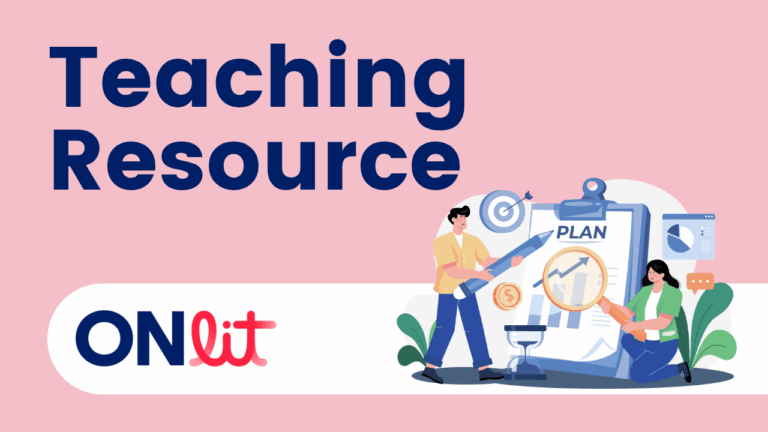
This resource features a collection of thinkSRSD-inspired POWeR (Plan, Organize, Write, Revise) cycles designed specifically for Grade 3 writers. Each cycle supports students in becoming strategic writers through explicit instruction in key strategies, with built-in opportunities to connect writing instruction to Grade 3 content areas.
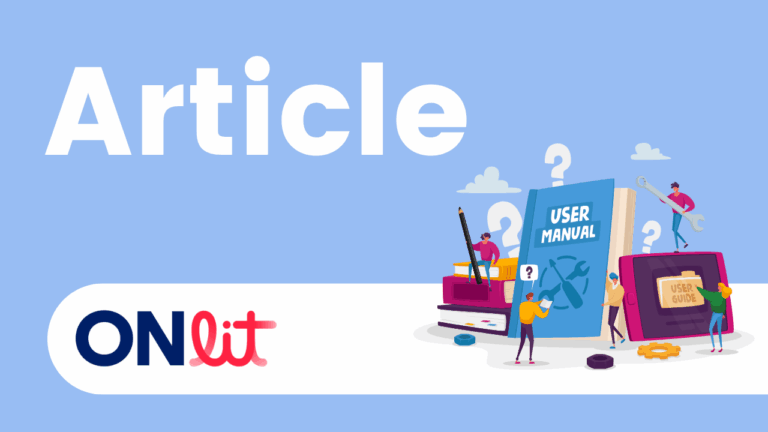
This handout was adapted from Gillis & Eberhardt (2018) – Syntax: Knowledge to Practice. It unpacks the difference between phrases, independent clauses, and dependent clauses. Please note that it is designed to be used as an educator reference sheet and not as a teaching material with students.
This handout was adapted from Gillis & Eberhardt (2018) – Syntax: Knowledge to Practice. It highlights conventional terms for parts of speech and provides insight into the functional role these units play within sentences. Please note that it is designed to be used as an educator reference sheet and not as a teaching material with…
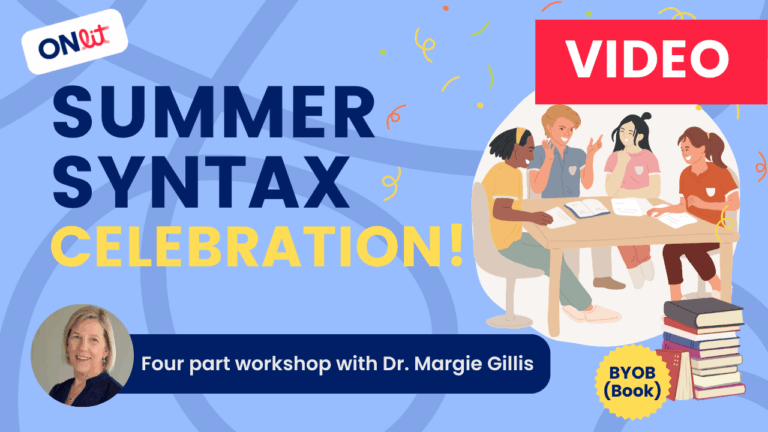
Syntax is often overlooked and misunderstood, but is KEY to reading and writing proficiency! This series presents research on syntax and explains its critical role in comprehending complex text, reading fluency, and writing coherent sentences. Armed with this understanding, educators learned how to teach their students the functions of sentence parts—words, phrases, and clauses—in order…
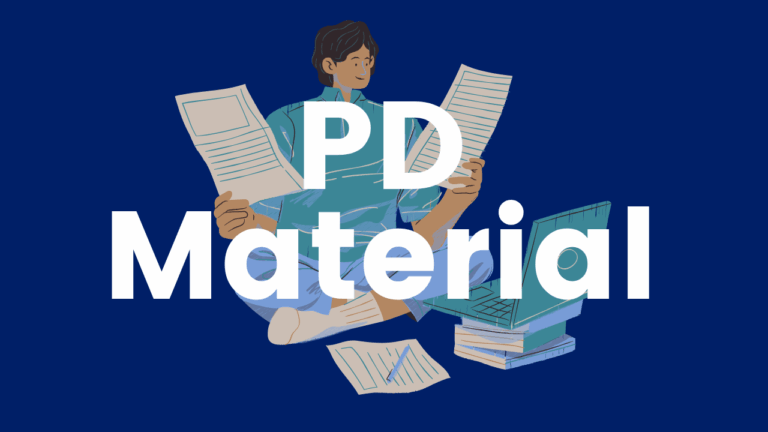
Talk Moves are sentence starters and gestures that teachers and students can use to invite everyone into the conversation and encourage academic thinking. Learn how to create a classroom culture of talk and incorporate talk moves in your class through this Talk Moves PD Series. Starting September 2024, a new module will be available every…
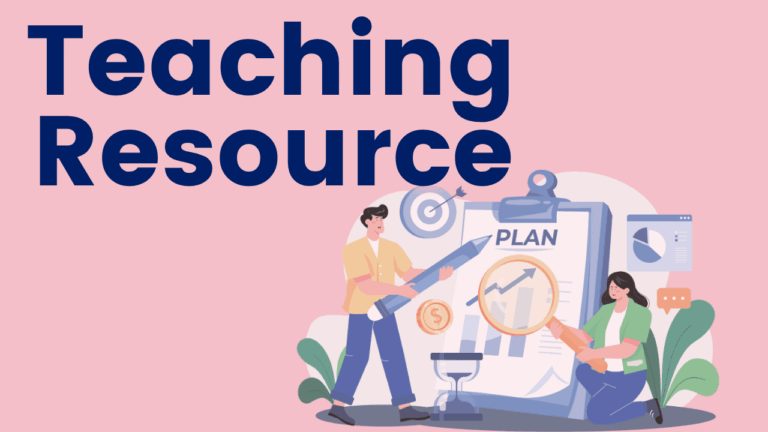
The Writing Pathway, researched by Dr. Steve Graham, makes high-quality writing instruction accessible to all, blending a researched approach with AI tools that save educators time. Teachers can create writing practice for any topic or content area across grades 3-12.
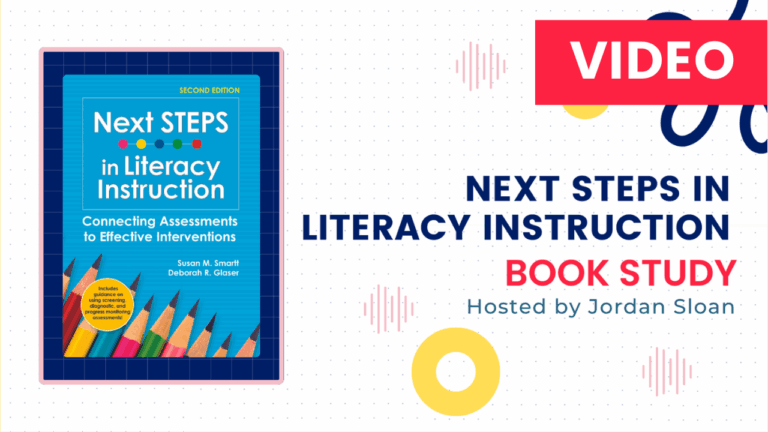
Keen to learn more about using assessment to drive structured literacy in your classroom? Catch up with our Next STEPS Summer Book Study. Resources related to this ONlit event series, hosted by Jordan Sloan, can be found here. Each session in the series tackles a foundational reading skill, unpacking what it is, why it’s necessary for…
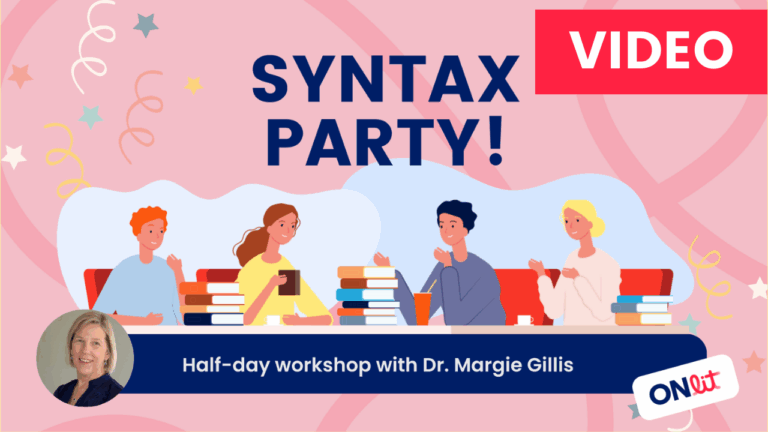
Missed the ONlit Syntax Party with Dr. Margie Gillis? Catch up with the recordings – learn about why syntax is necessary for skilled reading and writing, and how to best teach this important language domain.

Keen to build oral language in early childhood? These slide decks were created and generously shared by Melinda Hinch, a Speech-Language Pathologist in Greater Essex County DSB. Each deck follows a scope and sequence of syntax and grammar structures, and uses an explicit « I do it, We do it, You do it » framework to build…

Sentence combining is an evidence-based practice that helps students improve both their writing skills and reading comprehension. In this valuable book, the author outlines the importance of the sentence and what sentence combining actually is, as well as how to teach and assess it. Also included: multiple examples at different levels that teachers from Grades…

This week, Kate is joined by Nancy Chapel Eberhardt to discuss all things syntax. A key element of language comprehension, equipping students with an understanding of syntax is key to supporting strong reading and writing skills! Take a listen to learn more about how syntax develops and how to best teach this domain of language.

Le financement de ces ressources est assuré par le ministère de l'Éducation. Veuillez noter que les opinions exprimées dans ces ressources sont celles d'ONlit et ne reflètent pas nécessairement celles du ministère de l'Éducation.

Le financement de ces ressources est assuré par le ministère de l'Éducation. Veuillez noter que les opinions exprimées dans ces ressources sont celles d'ONlit et ne reflètent pas nécessairement celles du ministère de l'Éducation.
© 2023 ONlit. Tous droits réservés.